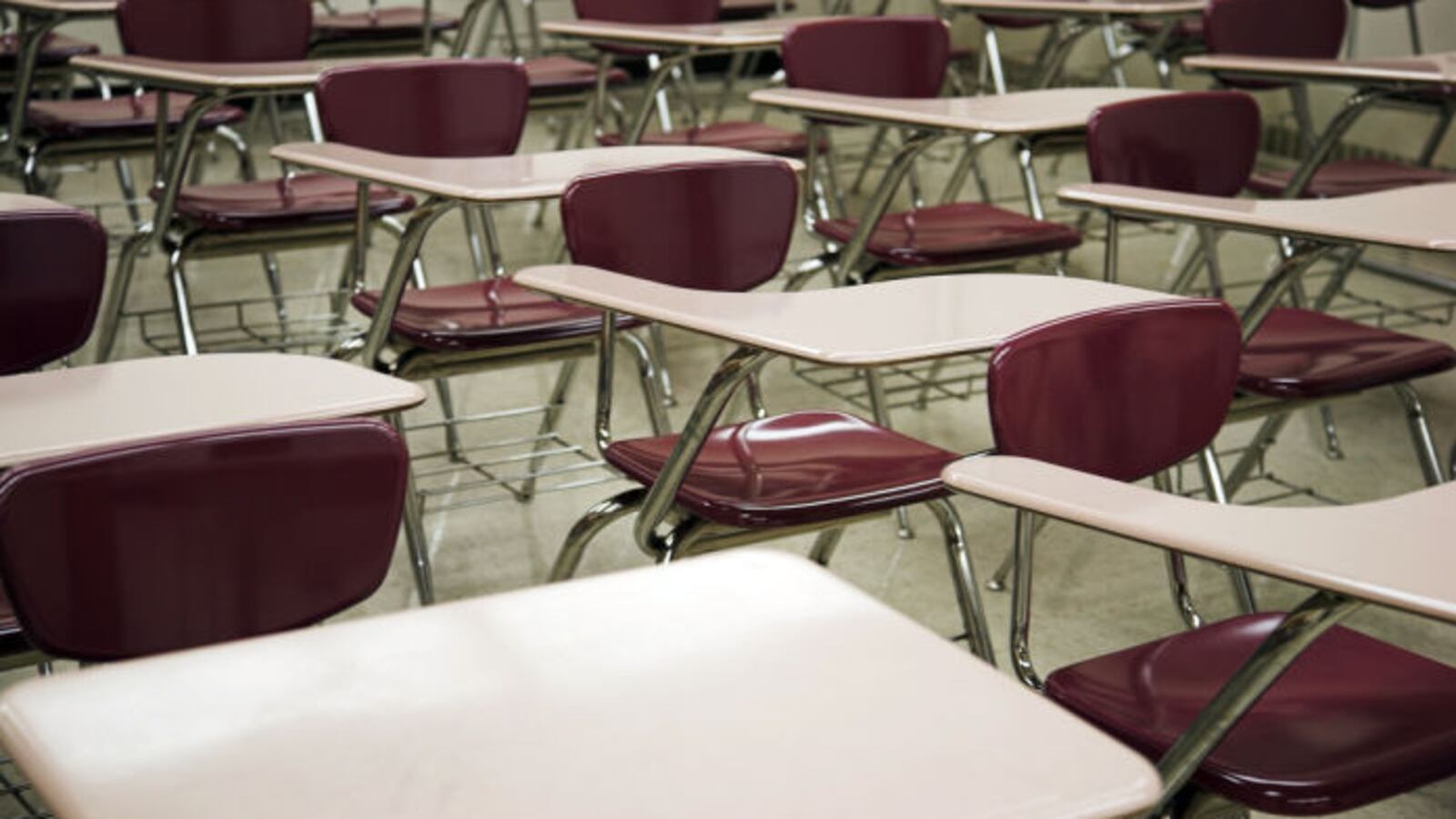Tennessee has approved 58 private schools to participate in the state’s new education savings account program next school year, while another 11 applications are being reviewed by the Department of Education.
As of last week, the list included 31 independent and parochial schools for Shelby County and 27 schools in and around Nashville.
In all, they represent 2,324 classroom seats, less than half of the 5,000 seats allowable during the program’s first year under a 2019 state law.
The information was obtained by Chalkbeat through a public records request with the state education department.
The showing is better than expected by Deputy Commissioner Amity Schuyler, who in January predicted about 50 schools would participate in year one.
The program, which was championed by Gov. Bill Lee and narrowly passed in the legislature, will give eligible families about $7,000 annually in public funds to send their children to private schools or pay for other private education services. But that amount is not likely to cover the full cost of tuition and fees at most private schools, some of which are expected to offer financial aid.
The program also could get postponed or even canceled, depending on the outcomes of two legal challenges to the controversial voucher law. Those cases are pending in a Nashville court.
Participating schools are state-accredited and must provide legal assurances that all employees have undergone the same level of background checks required of public schools through the Tennessee Bureau of Investigation. They also face a July 1 deadline to register bank accounts with Class Wallet, the vendor hired by the department to manage online payments under the new program.
For families to be eligible to participate, their students must be zoned for Shelby County Schools, Metropolitan Nashville Public Schools, or the Achievement School District and must be attending a Tennessee school this school year or entering kindergarten next year. The family’s household income also must not exceed double what’s needed to qualify for free lunch under federal guidelines. For a family of four, that’s about $65,000 annually.
The application process for eligible students is expected to open later this month.
Below is the list of approved schools so far. You can search for a particular school or sort it alphabetically by school or county.

